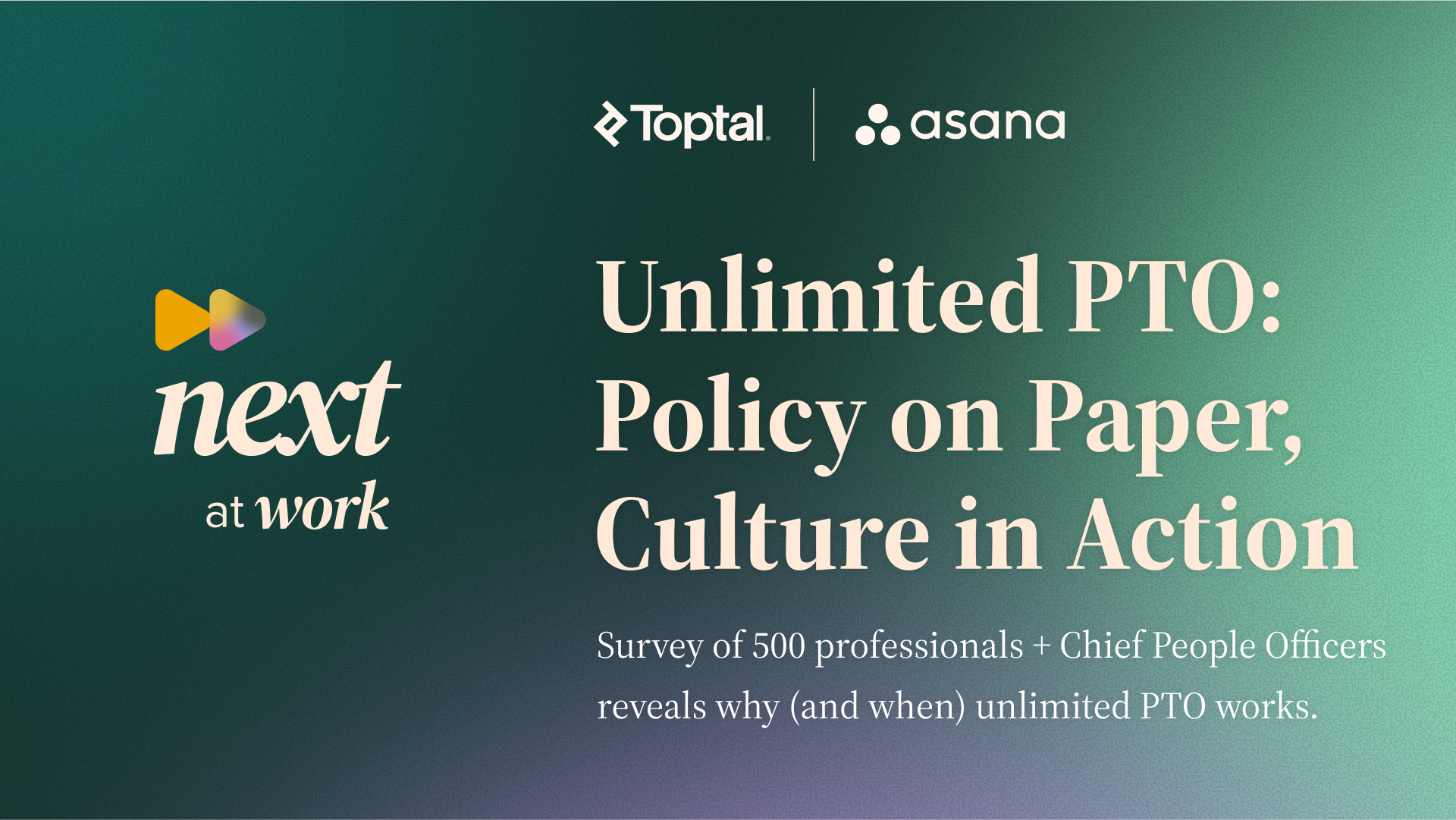Why money alone can’t buy happiness at work
While higher salaries are often equated with job satisfaction, recent studies challenge this notion. Despite earning less, self-employed individuals report greater job satisfaction, work-life balance, and lower stress levels, suggesting that factors beyond salary significantly contribute to overall job happiness.

They say that one swallow does not make a spring, and this is also true for high salaries. You may craft an enticing job offer that makes your new hire smile, only to realize a few months later that this isn’t the only factor for satisfaction at work.
Is a higher salary the golden ticket to employee satisfaction, or are there other, more nuanced factors at play?
As HR professionals, it’s our responsibility to delve deeper into these questions, understanding the multifaceted nature of job satisfaction and how we can foster it within our organizations.
Contents
The salary-happiness misconception
There’s a common misconception in the world of work: a higher salary equals increased job satisfaction. It’s an easy assumption to make. After all, who doesn’t appreciate a generous paycheck at the end of the month? However, recent data and real-life experiences are challenging this notion, revealing that job satisfaction is a complex construct influenced by a myriad of factors beyond just monetary compensation.
Money can’t buy… job satisfaction
Three recent studies shed light on the intricate relationship between salary and job satisfaction, each from a different industry perspective.
The first, a survey conducted by Vivian Health, focused on the healthcare industry, known for its competitive salaries.
The survey revealed that despite the attractive compensation packages, a staggering 48% of respondents reported their jobs as stressful, with 50% considering or actively applying for a new role in a different industry within the last year.
This suggests that a high salary isn’t enough to offset the stress and dissatisfaction experienced by these workers.
On the other end of the spectrum, a recent study by Moneyzine found that self-employed individuals, who typically earn significantly less than their employed counterparts, reported greater work-life balance, job satisfaction, and lower stress levels.
Despite earning 56% less on average, 4 in 10 self-employed respondents described themselves as happy or very happy with their current employment status. This stark contrast underscores the fact that factors beyond salary significantly contribute to job satisfaction.
Contrary to expectations, a study conducted by My Perfect Resume found that there were no major disparities in overall job satisfaction between individuals earning less than $25,000 and those earning $75,000 or more per year. In fact, 77% and 74% of respondents in each income bracket, respectively, reported high levels of job satisfaction.
Factors that contribute to job satisfaction
So, what are these factors that contribute to job satisfaction beyond salary? Here are some of the top factors that you have to consider:
Work-life balance: The self-employed individuals reported a better work-life balance compared to employed workers. This balance, or the ability to juggle work demands with personal life and family needs, significantly contributes to overall job satisfaction.
Autonomy: Being one’s own boss was the top factor that self-employed individuals enjoyed about their job. The freedom to make decisions and control one’s work can lead to a greater sense of satisfaction and fulfillment.
Job security: While not explicitly mentioned in the surveys, job security often plays a significant role in job satisfaction. The uncertainty of job loss can lead to stress and dissatisfaction, regardless of salary.
Workplace culture: A supportive and positive workplace culture can significantly impact job satisfaction. This includes factors such as relationships with colleagues and supervisors, opportunities for growth and development, and recognition and appreciation for work done.
Meaningful work: Employees who find their work meaningful and purposeful are more likely to be satisfied with their jobs. This sense of purpose can come from the nature of the work itself or from the impact of the organization’s work.
Related: The real reasons your employees don’t want to work for you
The role of HR in enhancing job satisfaction
As HR professionals, we can leverage these insights to enhance job satisfaction within our organizations. Here are a few strategies:
- Encourage flexible work arrangements where possible, and respect employees’ personal time.
- Wherever possible, give employees the freedom to make decisions about their work. This can increase their sense of ownership and satisfaction.
- Transparent communication about the company’s health and future plans can alleviate fears about job security.
- Foster a supportive and inclusive workplace culture. Recognize and appreciate employees’ efforts, and provide opportunities for growth and development.
- Help employees find purpose in their work. This could involve connecting individual tasks to the organization’s broader goals or engaging in corporate social responsibility initiatives.
In conclusion, while salary is an important factor in job satisfaction, it’s not the end-all, be-all.
We need to look beyond the paycheck and consider other factors that contribute to job satisfaction.
By doing so, we can create work environments where employees feel valued, satisfied, and engaged, leading to better outcomes for everyone involved.
Frequently asked questions
- Why doesn't a higher salary always equate to job satisfaction?
- Higher salary may not offset stress and dissatisfaction related to the job. Work-life balance, autonomy, job security, workplace culture, and meaningful work contribute to job satisfaction.
- What factors contribute to job satisfaction beyond salary?
- Work-life balance, autonomy, job security, positive workplace culture, and meaningful work significantly impact job satisfaction.
- How can flexible work arrangements contribute to job satisfaction?
- Flexible work arrangements respect employees' personal time, contributing to a better work-life balance, which enhances overall job satisfaction.
- Why is autonomy important in job satisfaction?
- Autonomy allows employees to make decisions about their work, which can increase their sense of ownership, satisfaction, and fulfillment.
- How can HR professionals enhance job satisfaction?
- HR can encourage flexible work arrangements, promote autonomy, provide transparent communication about job security, foster a supportive workplace culture, and help employees find purpose in their work.




